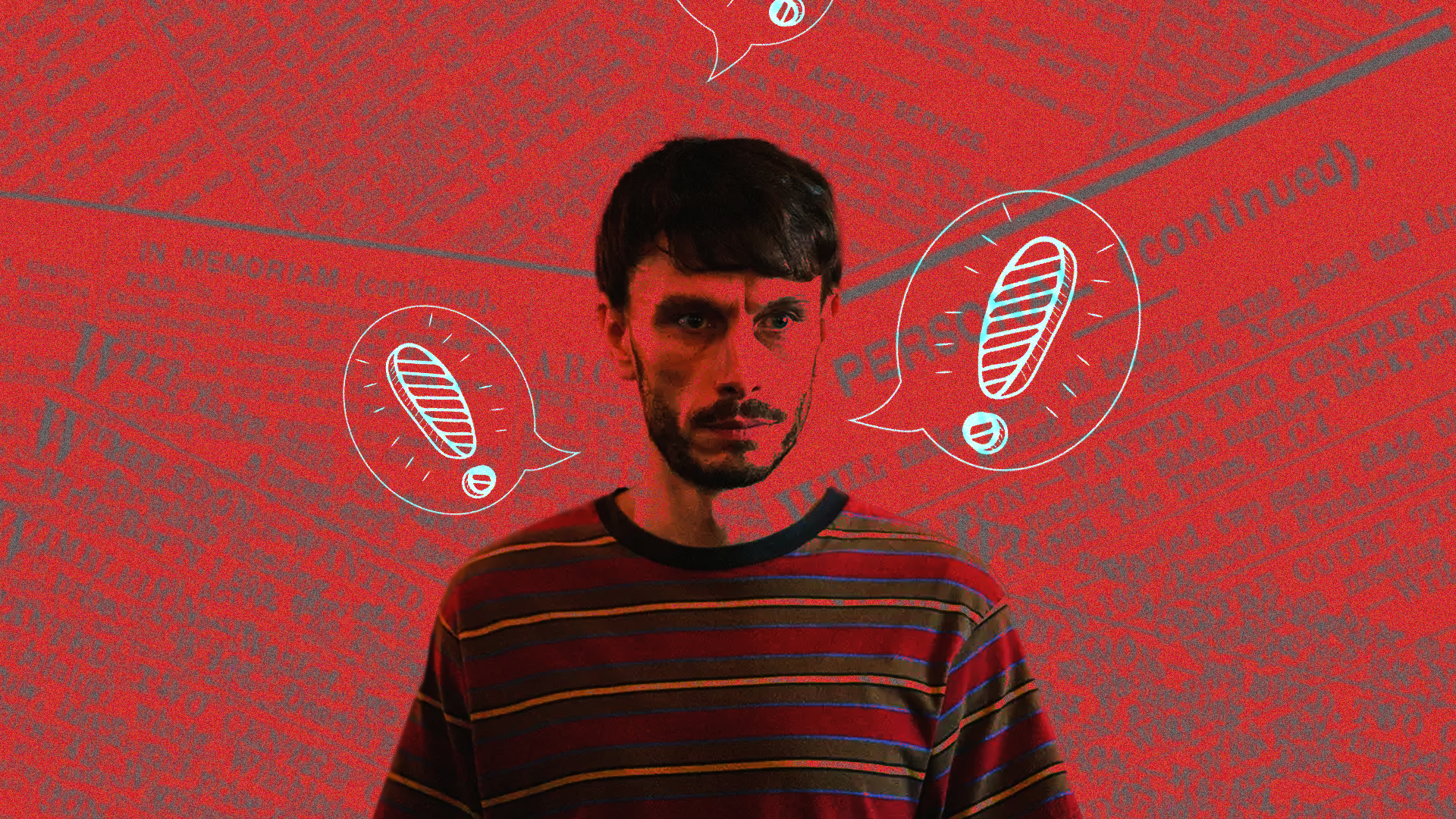After internet sleuths quickly discovered the alleged inspiration behind Baby Reindeer’s ‘Martha’, the British government announced stricter anonymity measures are to be implemented for Netflix.
Could Baby Reindeer spell the beginning of the end for ‘true story’ dramas?
If you’ve yet to see the hit Netflix show, you’ll no doubt have heard about it in some capacity from friends, social media, or the tabloids.
The fan fare surrounding the dramatized biopic of comedian Richard Gadd (who plays Donny) is still raging over a month after its April release. While the show certainly deserves its critical acclaim, the nature of the continued public interest has shifted to something unsavoury.
The limited series, which begins with the message ‘This is a true story’, handles sensitive themes like sexual assault, deep personal trauma, and stalking. Over the course of around three years, Gadd portrays how his experience in dealing with a serial stalker forced him to confront repressed memories and feelings from his past.
The vast majority of the show deals with encounters between Donny and Martha, a self-described ex-lawyer with a history of obsessive infatuations and run-ins with the authorities.
After a chance encounter with Donny at a pub in Cadmen, events continually spiral. The script suggests that Martha sent more than 41,000 emails, 744 tweets, 100 letters, and 350 hours of voicemails to Donny. In the later episodes, she also attacks his partner and harasses his parents in Scotland.
Naturally, given Gadd is playing himself, coupled with the preface that Baby Reindeer is a ‘true story’, a level of curiosity is stoked about the real people behind the other characters. The public hunt for the real Martha, however, has gone way overboard since the show’s debut.
Upon realising that Baby Reindeer wasn’t going to be a niche artistic gem, but a rip-roaring mainstream success, Gadd quickly implored people not to search for the true identities of the show’s characters. That request, unsurprisingly, fell on deaf ears.
Within a matter of days, Twitter (X) users had found the account allegedly owned by ‘Martha’ – which we will not link for obvious reasons – and hundreds of TikTok videos sent influxes of viewers to her page. It currently has around north of 20,000 followers.
In an attempt to clear her name, a woman named Fiona Harvey appeared on Piers Morgan’s YouTube channel claiming to be the inspiration for Martha, but disputed much of the show’s events. She claims her encounters with Gadd were few and far between and reveals she has been targeted by fans of the show in phonecalls and abusive messages.
Since the interview, which was handled in a very accusatory manner, Harvey has publicly stated that she feels ‘used’ by Piers. There has also been no revelations regarding her on-screen stalking conviction against Gadd, prompting Scottish National Party MP John Nicolson to call for a review of Netflix’s evidence presented at the Culture Media and Sport Committee.




















